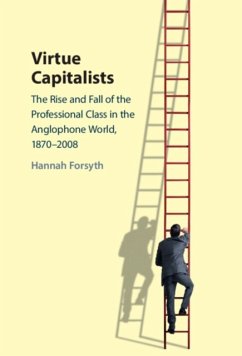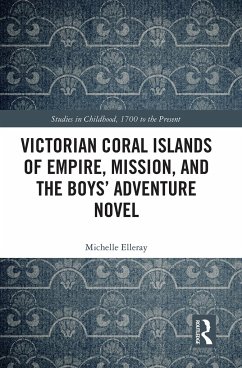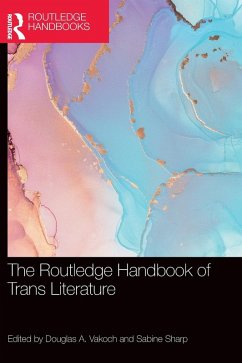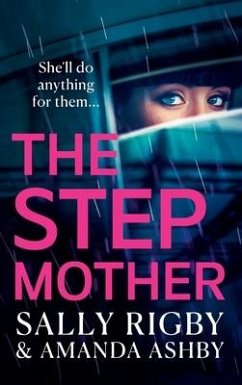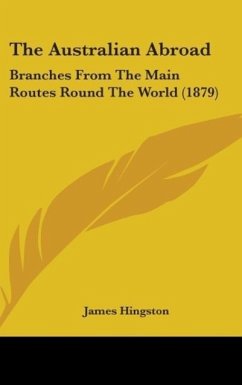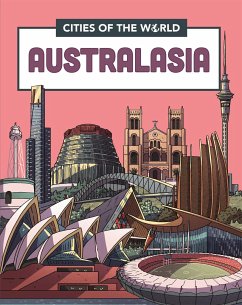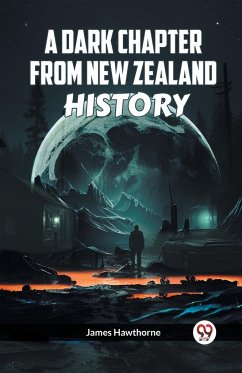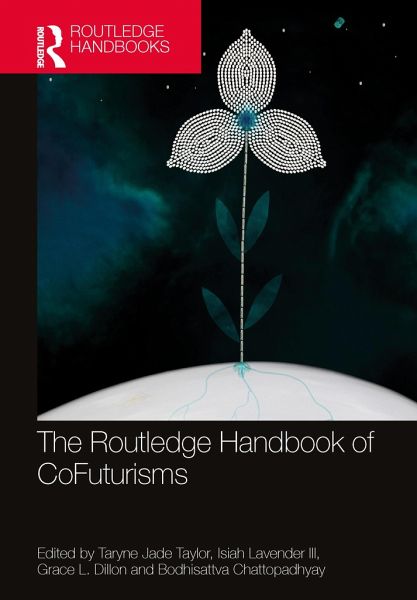
The Routledge Handbook of CoFuturisms
Versandkostenfrei!
Versandfertig in 6-10 Tagen
246,99 €
inkl. MwSt.
Weitere Ausgaben:

PAYBACK Punkte
123 °P sammeln!
The Routledge Handbook of CoFuturisms delivers a new, inclusive examination of science fiction, from close analyses of single texts to large-scale movements, providing readers with decolonized models of the future, including print, media, race, gender and social justice.This comprehensive overview of the field explores representations of possible futures arising from non-Western cultures and ethnic histories that disrupt the "imperial gaze". In four parts, The Routledge Handbook of CoFuturisms considers the look of futures from the margins, foregrounding the issues of Indigenous groups, racial...
The Routledge Handbook of CoFuturisms delivers a new, inclusive examination of science fiction, from close analyses of single texts to large-scale movements, providing readers with decolonized models of the future, including print, media, race, gender and social justice.
This comprehensive overview of the field explores representations of possible futures arising from non-Western cultures and ethnic histories that disrupt the "imperial gaze". In four parts, The Routledge Handbook of CoFuturisms considers the look of futures from the margins, foregrounding the issues of Indigenous groups, racial, ethnic, religious, and sexual minorities, and any people whose stakes in the global order of envisioning futures are generally constrained due to the mechanics of our contemporary world.
The book extends current discussions in the area, looking at cutting-edge developments in the discipline of science fiction and diverse futurisms as a whole. Offering a dynamic mix of approaches and expansive perspectives, this volume will appeal to academics and researchers seeking to orient their own interventions into broader contexts.
The Open Access version of this book, available at http://www.taylorfrancis.com, has been made available under a Creative Commons Attribution-Non Commercial-No Derivatives (CC BY-NC-ND) 4.0 license.
This comprehensive overview of the field explores representations of possible futures arising from non-Western cultures and ethnic histories that disrupt the "imperial gaze". In four parts, The Routledge Handbook of CoFuturisms considers the look of futures from the margins, foregrounding the issues of Indigenous groups, racial, ethnic, religious, and sexual minorities, and any people whose stakes in the global order of envisioning futures are generally constrained due to the mechanics of our contemporary world.
The book extends current discussions in the area, looking at cutting-edge developments in the discipline of science fiction and diverse futurisms as a whole. Offering a dynamic mix of approaches and expansive perspectives, this volume will appeal to academics and researchers seeking to orient their own interventions into broader contexts.
The Open Access version of this book, available at http://www.taylorfrancis.com, has been made available under a Creative Commons Attribution-Non Commercial-No Derivatives (CC BY-NC-ND) 4.0 license.






